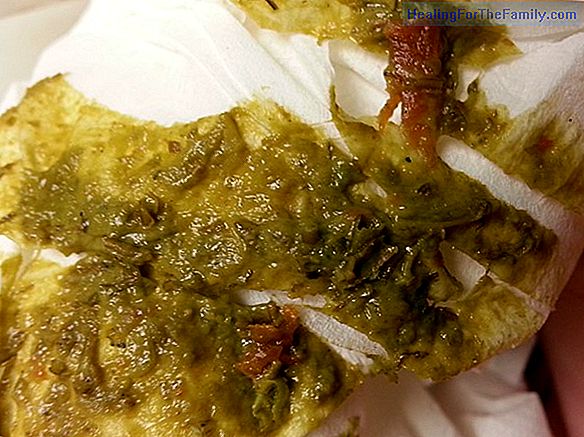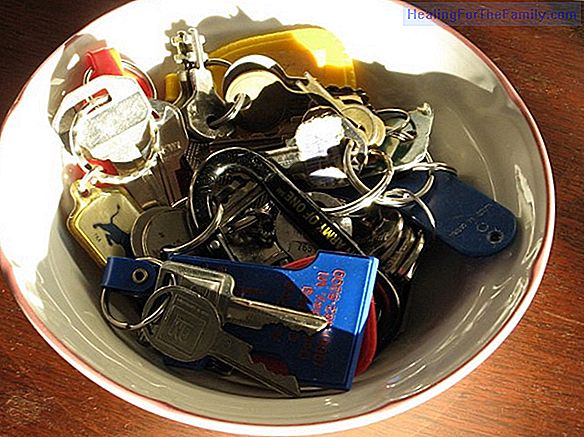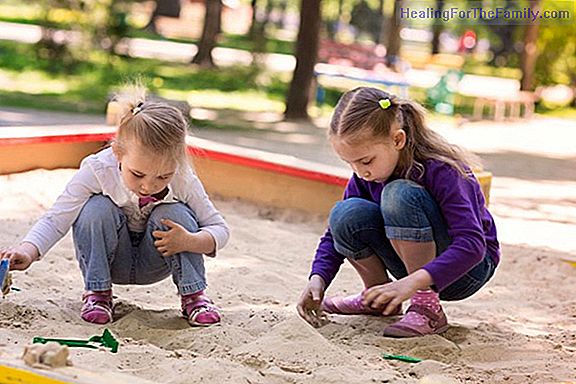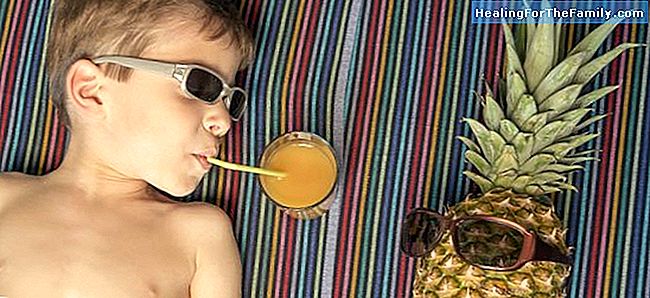What fruits can the baby take before age 2
Some of the fruits that adults eat normally can not be used in the babies' diet. However, scientific reasons for postponing or avoiding its introduction are few or none. In many cases the recommendations have become obsolete and the pediatricians or nurses have not been updated, and in others, it is
Some of the fruits that adults eat normally can not be used in the babies' diet. However, scientific reasons for postponing or avoiding its introduction are few or none.
In many cases the recommendations have become obsolete and the pediatricians or nurses have not been updated, and in others, it is simply popular wisdom or traditions that make us keep those beliefs. We tell you what fruits the baby can take before two years and we clarify if there is any that it is convenient to delay.
Are there fruits that should not be given to the baby before 2 years?
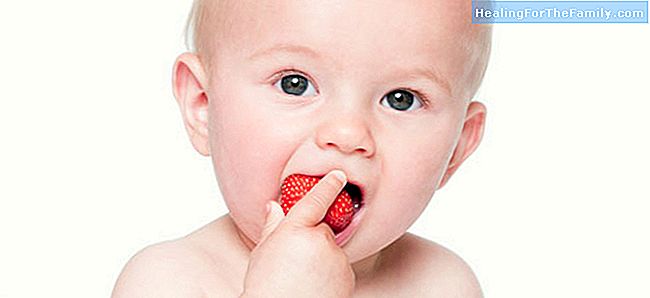
Generally, fruit porridge begins with the introduction of the most common fruits: orange, pear, apple and banana. Little by little they are introducing others such as melon, apricot, peach ... In this process, for a long time it has been advised to delay the introduction of some fruits such as strawberries, berries, kiwi or some tropical fruits. We tell you why this statement has no validity.
- Strawberries are soft and easy to handle fruits for the baby. They provide vitamin C and some of group B, in addition to fiber and minerals such as manganese, iodine, copper or potassium. They are low calorie fruits with a low glycemic index since they are mostly composed of water. Los - The fruits of the forest
, such as raspberries, blackberries or blueberries are easy to pick up when the baby is already clamping, and, except for blueberries, its size is usually not problematic in terms of choking. These fruits are rich in vitamin C and fiber, with a mineral content very similar to that of strawberries. Raspberries are a little more caloric than strawberries, but they are still mostly water, so they do not provide much more than 50 calories per 100g.- The kiwi
is a fruit with an intense acid taste, especially when it has not fully matured, so it may not be the taste of the smallest ones unless it is well ripe. However, if it is, there is no problem in consuming it. It is soft and easy to chew, and well in pieces or slices, it is easy to handle and eat even when the baby does not yet dominate the clamp. The kiwi is a fruit very rich in vitamin C, even more than citrus fruits, and in fiber. Interestingly, and despite being fat-soluble, it also contains considerable amounts of vitamin K and E, and its mineral content includes copper, potassium and manganese. It is low in calories and with a low glycemic index. Neither strawberries, nor red fruits nor kiwi are considered very allergenic, however, all of them, as well as citrus or tomato,
can cause a redness around the baby's mouth when consumed . Of them, kiwi in particular, being among the most acidic, can cause irritation or rashes not only around the mouth but also in the diaper area.Tropical fruits for the baby: yes or no?
Mango and other tropical fruits are very popular in other countries, even as the first fruit that is offered to the baby, since its allergenic potential is very low. Mango is an excellent source of vitamin A and potassium, while papaya, for example, is in vitamin C and folic acid. Its glycemic index is higher than that of the other mentioned fruits, but they are still low calorie fruits.


